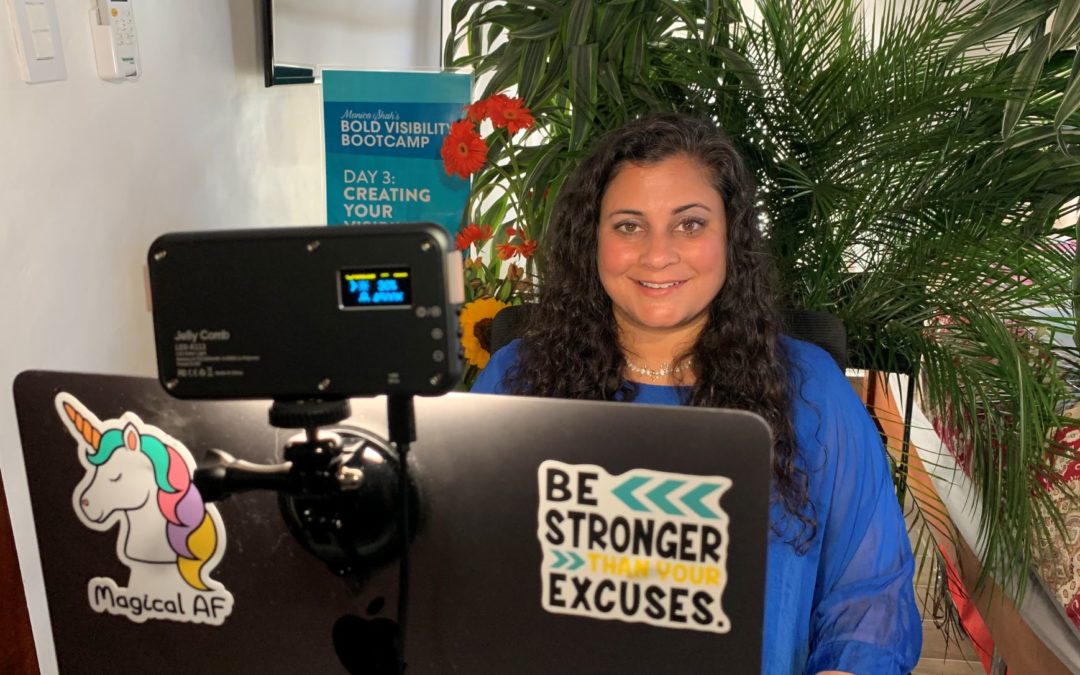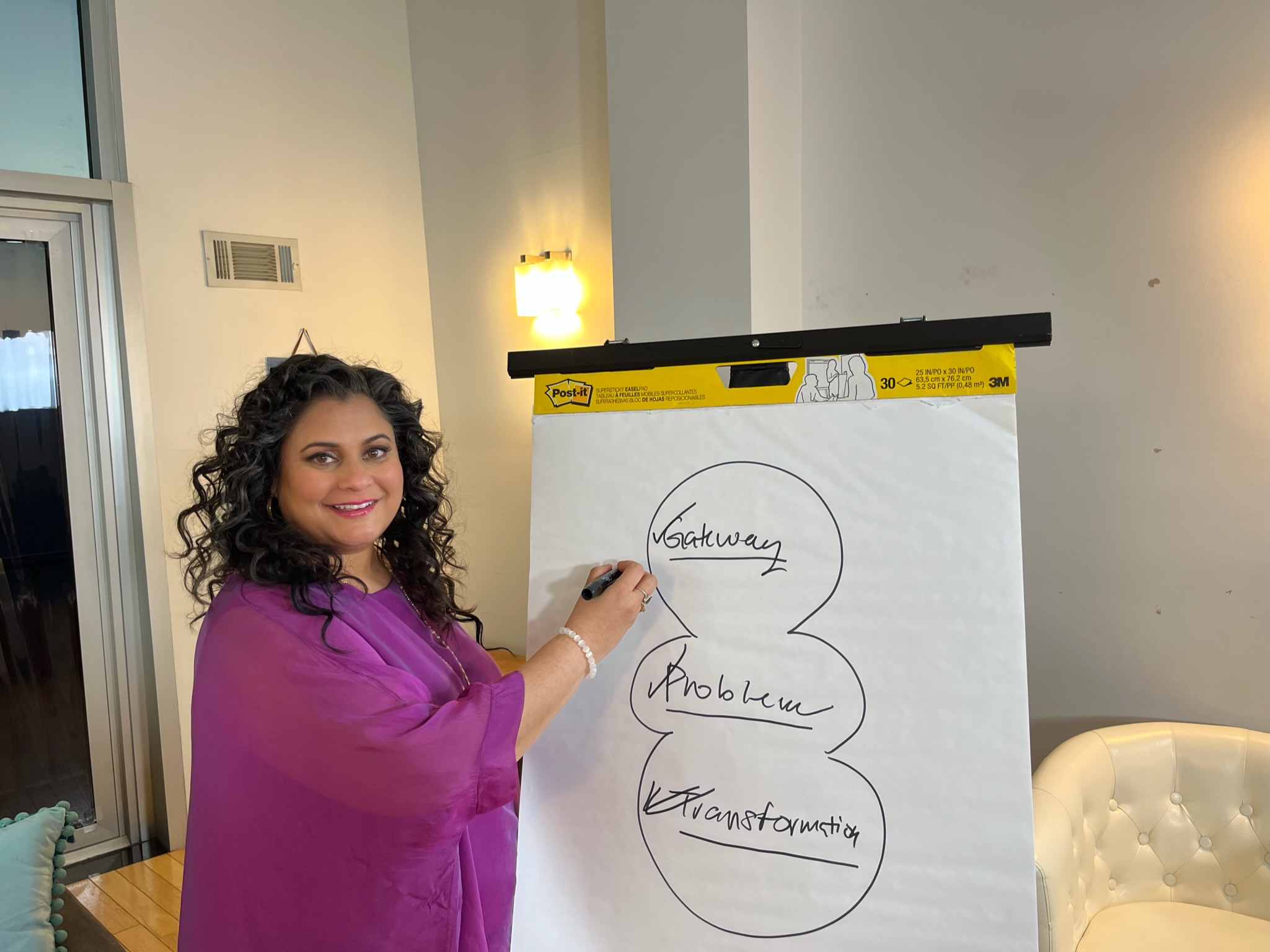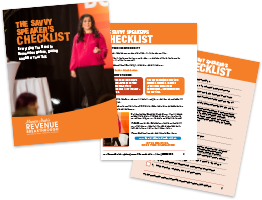Training, Coaching, and Why You Need Both
When you’re first learning to run a business, information is flying at you from all directions. There are target markets to pick, social media platforms to learn, and personal connections to explore. And it can be really overwhelming to figure out what you need to do in order to make fully informed business decisions. To help process everything, it’s important to understand that learning to run a business involves two major skill sets: Training and Coaching.
When I finally got this concept, everything shifted in my business – because I finally understood how to balance learning and doing!
Let’s break down the distinctions between Training and Coaching.
Training (The “Learning” Part):
Training comprises actually learning how to do things – just like learning a language or studying a science. In business, this might look like – learning how to hire, train and manage a team; learning how to sell one-to-one; learning how to write your emails; how to network effectively; how to do a webinar.
Business is like a language and you must take the time to learn each skill.
I often find that people struggle with training when they learn a bunch of disparate skill sets that don’t go together. It is so important to make sure that you’re building a complete toolbox of skills that you know how to use together to work on your business.
For example, you might spend $2,000 on a great training program for creating FB Groups, but then find that you’re not quite sure how you can turn your Groups into a source of income.
Or maybe you spend $1,000 writing a book – but then there’s no way to monetize that book.
When it comes to business training – remember that there are really two major categories of skills that you are learning:
- How to generate leads consistently and systematically (Marketing)
- How to convert those leads into clients or customers (Sales)
So it’s important to have a training program that is constantly leading back to the bigger picture – how does this marketing vehicle translate into a sale? How do you carry out those sales conversations so that you can convert?
I find that the best way to get trained, especially at the beginning of your business, is to choose one business coach whom you trust and learn her entire methodology and systems. This usually means investing in a 6-12 month training program that really lays out all the skills in a systematic and reproducible way.
This strategy allows you to learn a framework that you can take and use for the rest of your business. That way you aren’t dabbling in several different tactics with no clear way to pull everything together to create more money and time for yourself.
Coaching (The “Doing” Part):
Coaching is getting specific advice for your particular business model – so that you can get going and stay in action.
For example, once you’ve done a training on how to do a webinar, you might want someone to give you suggestions on the title and content of the specific webinar that you are planning – and hold you accountable for actually doing that webinar (instead of just learning more about it).
Coaching is essential to helping you create a business plan, execute strategies, and problem solve when things aren’t working.
I believe that both training and coaching are important for every business owner – and by combining them, you get the best of both worlds.
Coaching provides specific advice about your business.
Training fills the gaps in your knowledge base.
So when you are looking to hire a business coach – look for the opportunity to be a part of a training program – whether that means individual classes, a group program, a mastermind opportunity, or online classes.
Also look for the opportunity to be individually coached with your specific questions and goals in mind so that you have someone to keep you accountable.
When Do You Need Training, and When Do You Need Coaching?
In my experience – training is more important in the beginning stages of your business, because there are a LOT of skills to be learned. Then, as you become more advanced in your business, you’ll need more one-on-one support and coaching in order to create your specific plan and scale your business.
Keep in mind that as you implement the basic skill sets needed to really grow your business, you’re putting yourself in a much better place to be able to pay for a coach moving forward.
To this day, I create learning time in my schedule each week, combined with time with my coaches to work on my plan and help move me forward. It’s been my golden combination for years and has allowed me not only to grow but to stay on top of trends.
The key is to create sacred time slots in your schedule for each one – and to stick to it! Be careful not to fall into the trap of getting too caught up in training. I’ve met so many business owners who were so busy learning that they didn’t have enough time for doing.
So keep the training to a minimum – 1-3 hours a week – and make sure that you implement the skills that you learn in trainings.
That will allow you to come to your coaching calls with better questions and knowledge of the outcomes of specific actions that you have tried – which will move you forward that much faster.
So this week, when I say you can do both, I mean coaching AND training! Here’s to doing it all – and creating major breakthroughs in your business – one week at a time.
If you’re looking for a taste of coaching or feeling like you could really use some truth around money, please check out our upcoming Master Your Money event. This event includes solid business training on all things money, as well as great coaching (by yours truly!) to get those questions answered.








